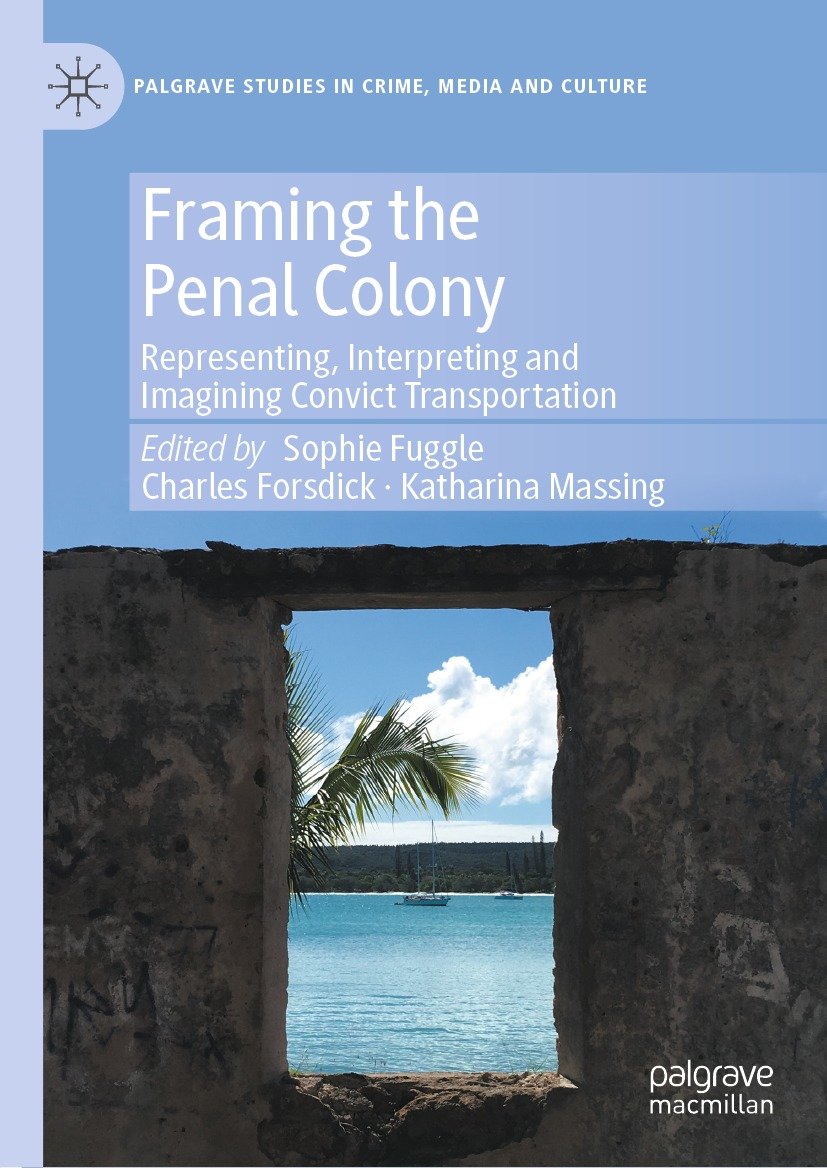This book examines the representation of penal colonies both historically and in contemporary culture, across an array of media. Exploring a range of geographies and historical instances of the penal colony, it seeks to identify how the penal colony´ as a widespread phenomenon is as much imagined´ and creatively instrumentalized as it pertains to real sites and populations. It concentrates on the range of media´ produced in and around penal colonies both during their operation and following their closures. This approach emphasizes the role of cross-disciplinary methods and approaches to examining the history and legacy of convict transportation, prison islands and other sites of exile. It develops a range of methodological tools for engaging with cultures and representations of incarceration, detention and transportation. The chapters draw on media discourse analysis, critical cartography, museum and heritage studies, ethnography, architectural history, visual culture including film and comics studies and gaming studies. It aims to disrupt the idea of adopting linear histories or isolated geographies in order to understand the impact and legacy of penal colonies. The overall claim made by the collection is that understanding the cultural production associated with this global phenomenon is a necessary part of a wider examination of carceral imaginaries or penal spectatorship´ (Brown, 2009) past, present and future. It brings together historiography, criminology, media and cultural studies.


